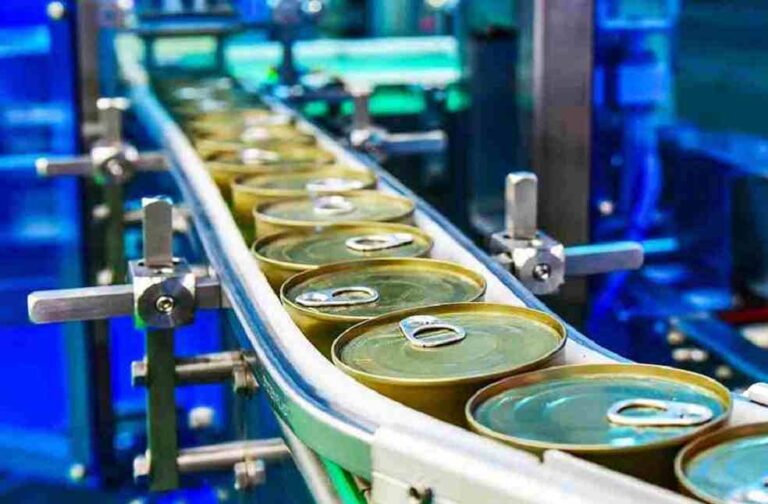The UK food and drink export sector has experienced a 10.2% decline in the first nine months of 2024, as revealed by the Food and Drink Federation’s Q3 report. The downturn mirrors broader economic challenges, including a 0.1% contraction in the UK economy this autumn due to international inflation and trade pressures.
Exports fell to £16.3 billion year-to-date, primarily due to declining alcohol sales. However, certain categories, such as chocolate, salmon, beef, and cheese, recorded growth. Chocolate exports rose by 9.6% to £656 million. Ireland remains the top market for UK food exports (£3 billion), followed by France (£2 billion) and the US (£1.6 billion).
Small and medium-sized enterprises (SMEs) in the confectionery and snacks sector highlighted the prohibitive costs of exporting to Europe post-Brexit. Increased logistics expenses and administrative burdens have significantly impacted their operations. Overall, exports to the EU dropped by 5.3%, despite slight growth in trade with Ireland (+3%) and Germany (+1.4%).

The Food and Drink Federation has called for targeted support to reduce administrative barriers and paperwork, particularly for SMEs, to help recover lost trade with Europe.
The US remains a key market, accounting for over 10% of UK food and drink exports. Popular British products, including 460 million cups of tea and 436 million biscuits, were exported to the US in 2024. However, trade tensions may arise with the incoming Republican administration, which has hinted at potential tariffs on British goods.
The UK’s recent entry into the Comprehensive and Progressive Agreement for Trans-Pacific Partnership (CPTPP) offers new opportunities. The agreement grants tariff-free access for many products with member countries, such as Malaysia, and streamlines border processes. UK manufacturers also benefit from more generous Rules of Origin, allowing them to source ingredients from CPTPP nations without losing tariff-free trading benefits within the bloc.

Balwinder Dhoot, Director of Industry Growth and Sustainability at the Food and Drink Federation, emphasised the need for more support for SMEs to address export challenges. He also highlighted the potential for growth beyond Europe, particularly in the US and CPTPP markets.
“However, there are many exciting opportunities beyond Europe. With millions of American consumers continuing to enjoy the iconic British tea and biscuits, it’s important that we maintain our positive trading relationship with this high value market,” Dhoot stated
“Meanwhile, in joining the Comprehensive and Progressive agreement for Trans-Pacific Partnership, CPTPP, we’ve strengthened our relationship with 11 new countries. By gaining these better terms for trading and removing friction at borders, food and drink manufacturers can access more markets and create more resilient supply chains,” Dhoot added.
BUSINESS GENERAL | USDA Boosts U.S. Farm Exports with $300M for Global Markets



